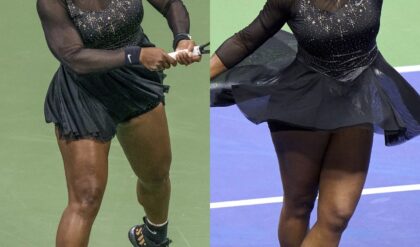The video segment featuring Diddy and a young Justin Bieber highlights concerning dynamics between older industry figures and young, impressionable artists. In the clip, Diddy promises Bieber a car when he turns 16 and discusses their plans to hang out, suggesting activities that may not be appropriate for a teenager. This kind of interaction underscores the power imbalance and potential exploitation young artists face.
Diddy mentions having “custody” over Bieber for 48 hours and their intention to go “full crazy,” emphasizing the influence Diddy had over the young singer. Their discussion about hanging out with girls, given Bieber’s age at the time, raises serious concerns about the environment Bieber was exposed to. These situations likely had a significant impact on Bieber’s personal development and mental health.
Bieber’s experiences are not isolated. Many young artists in the entertainment industry are placed under the guidance of older, more powerful figures who can exert considerable control over their lives. This dynamic often leads to exploitation, as seen in Bieber’s case. The promise of material rewards, like cars and mansions, can be a way for these figures to manipulate and maintain control over young talents.
The need for stricter regulations and better protective measures in the industry is clear. Young artists require a supportive and healthy environment to thrive, free from the undue influence of powerful mentors who may not have their best interests at heart. Bieber’s troubled path, marked by struggles with addiction and mental health issues, highlights the consequences of such exploitative relationships.
Ensuring the well-being and success of young artists necessitates a shift in how the industry operates. Mentorship should be focused on genuine guidance and support, rather than control and manipulation. By addressing these issues and implementing protective measures, the industry can create a safer environment for young talents to grow and succeed





